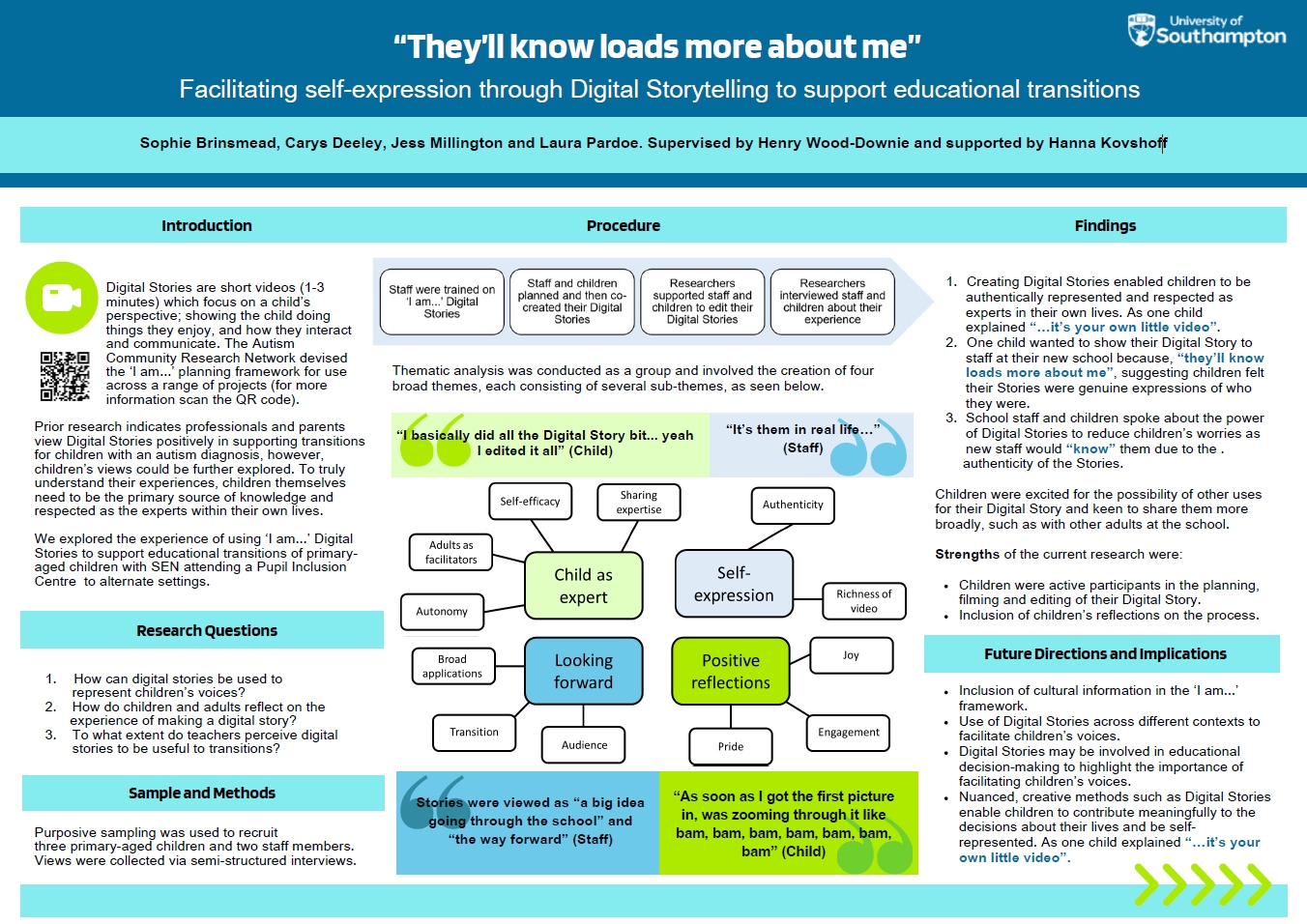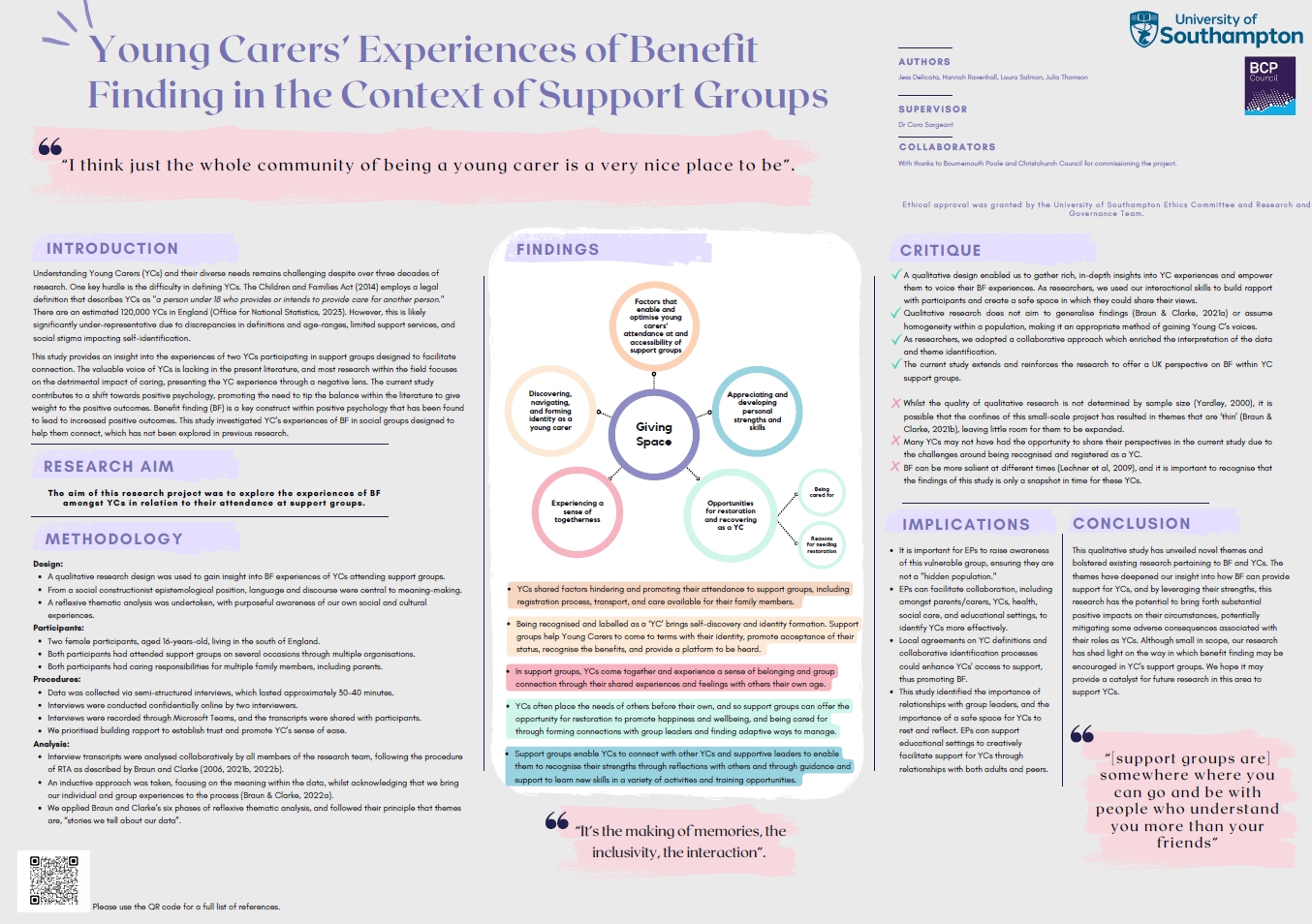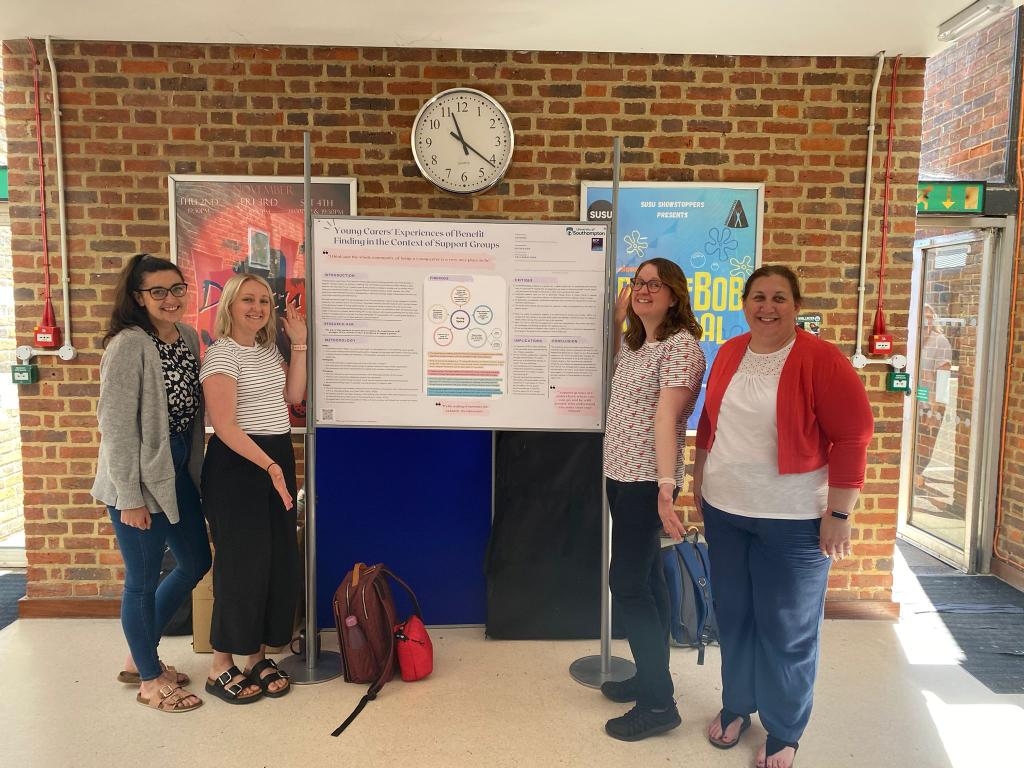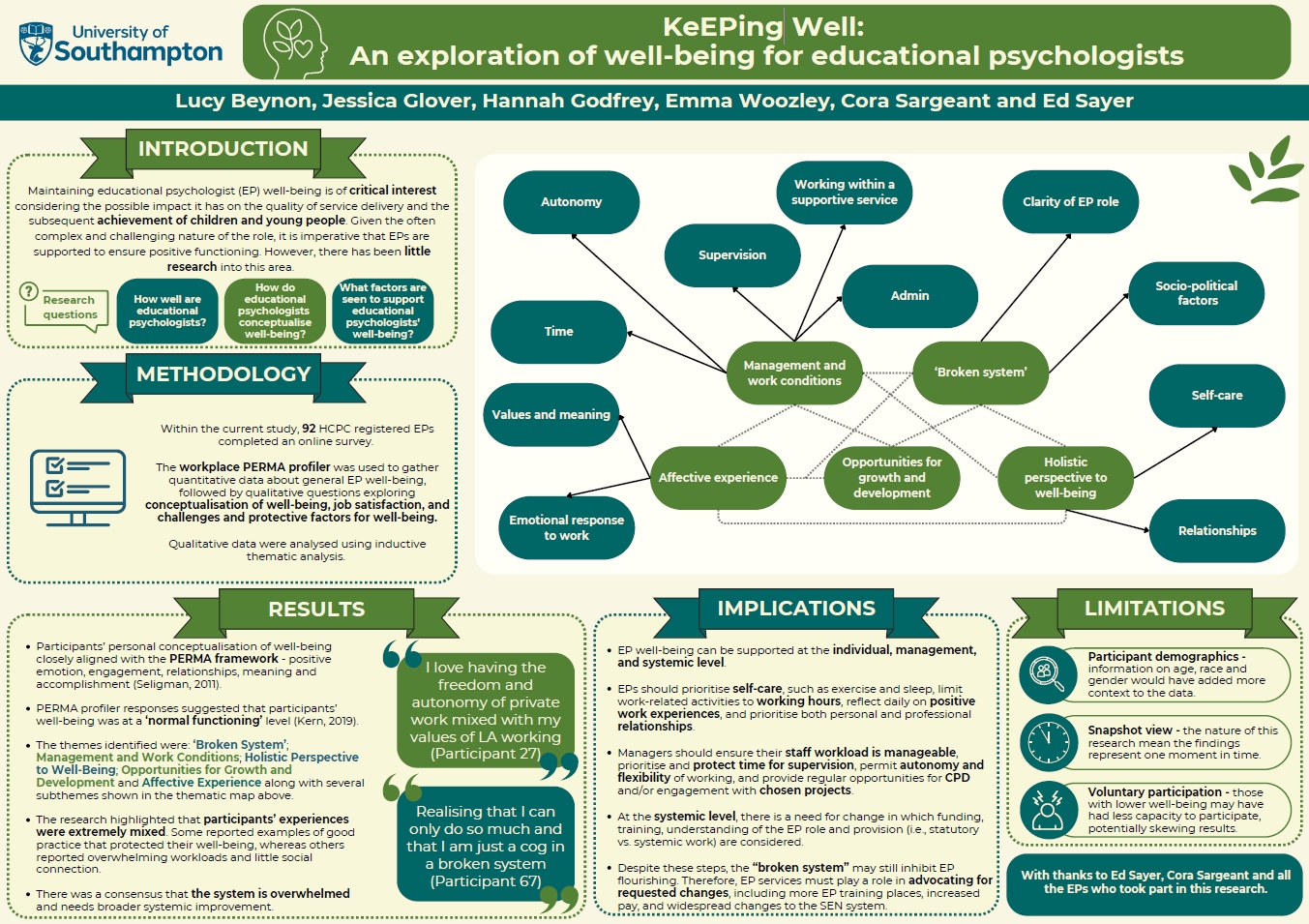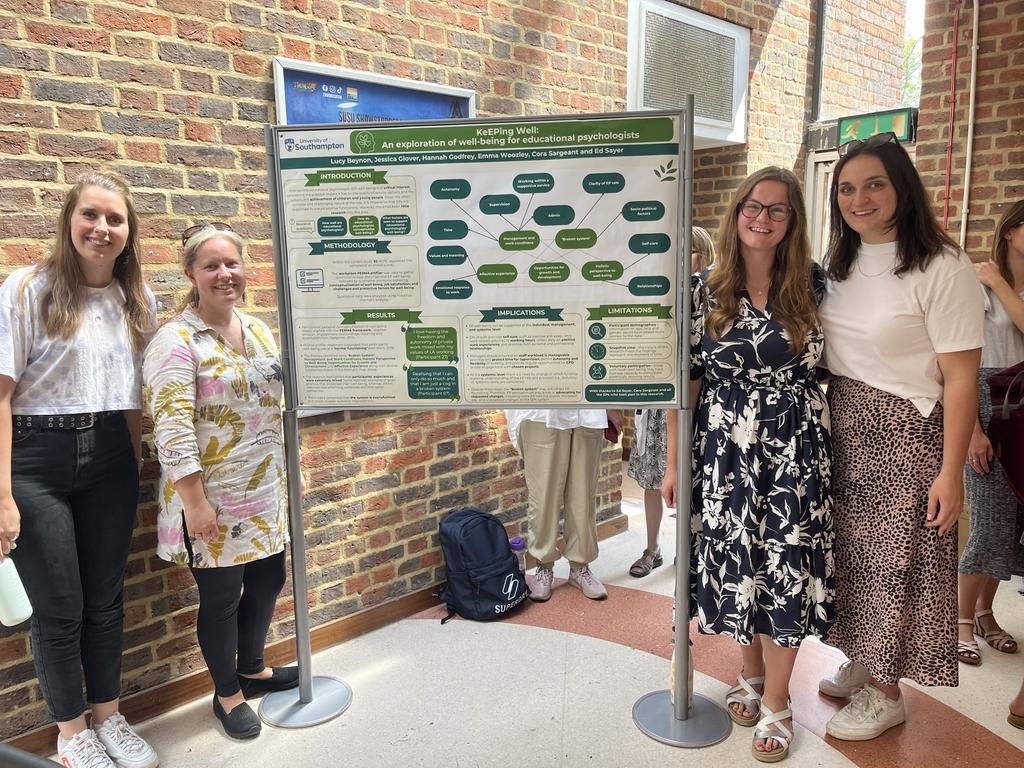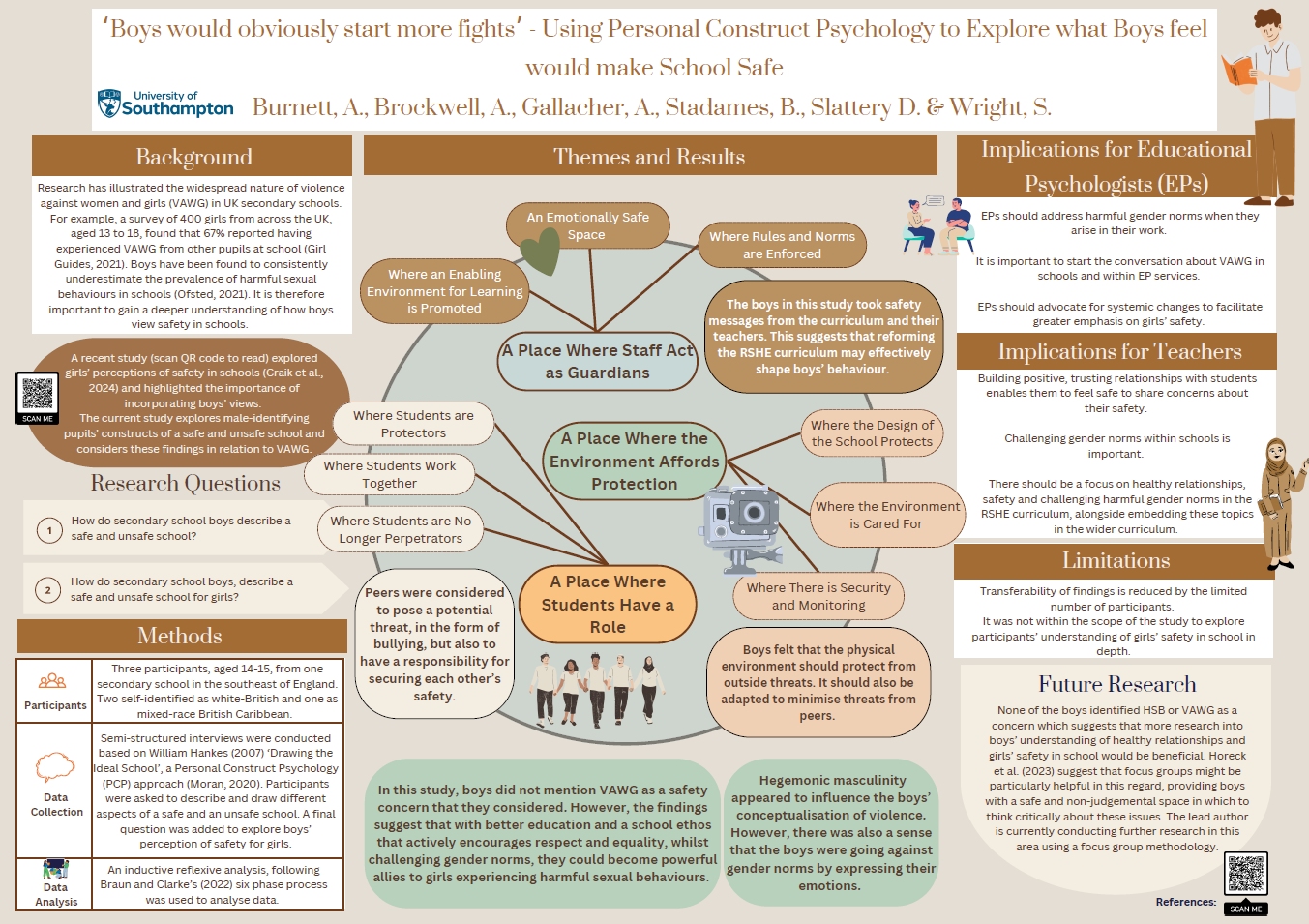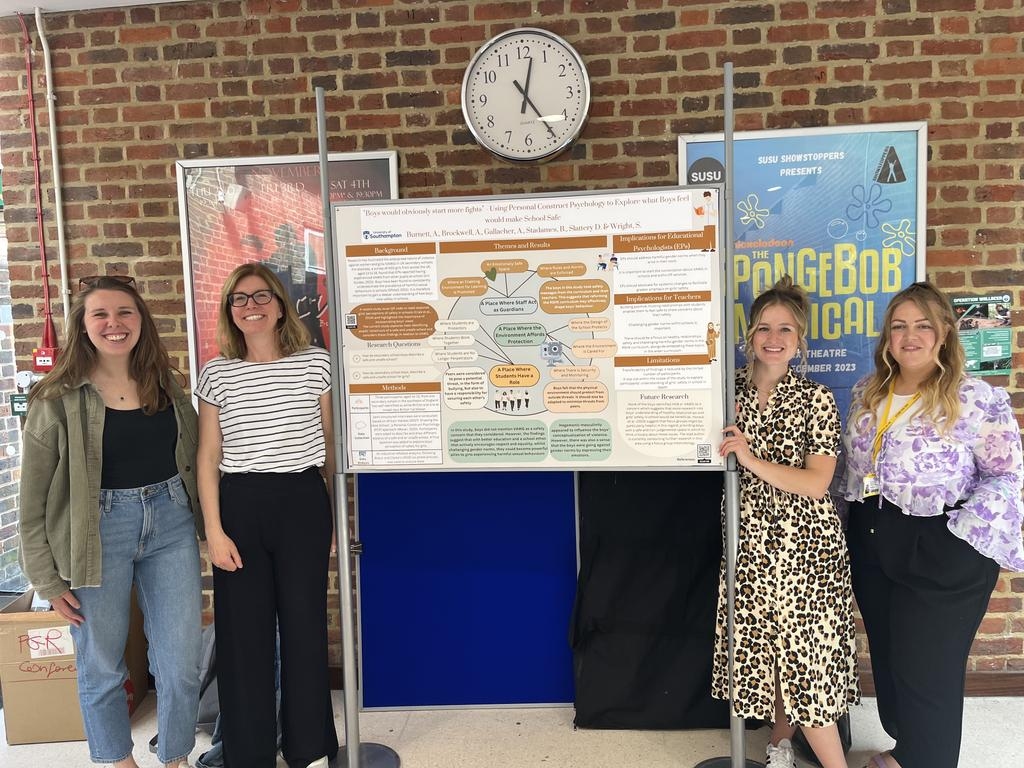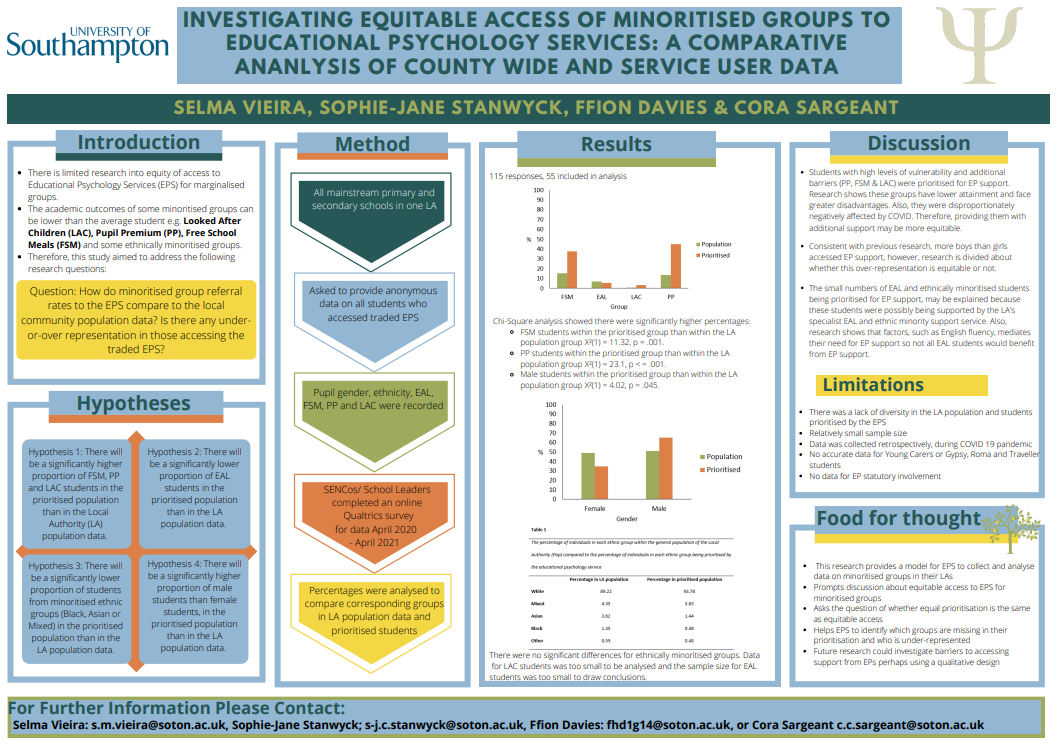Authors: Carla Tromans and Henry Wood-Downie
Published: 2025
Publication: Educational Psychology Research and Practice
Autism is increasingly recognised as under-diagnosed in females due to different symptom presentations. As a result, many females are not diagnosed until adolescence, a period that can be particularly challenging for autistic individuals. A new diagnosis may further challenge emotional wellbeing. Therefore, this narrative review explores the experiences of autistic girls diagnosed during adolescence, focusing on understanding the difficulties they face post-diagnosis. The research suggests that these difficulties occur at multiple levels: individual struggles with self-identity exist within a wider context of unhelpful treatment from others; stereotypical perceptions; and societal structures, policies and resources that do not provide adequate support. The review situates these difficulties within an ecological framework, highlighting how external factors influence individual experiences. Possible support strategies are explored within this framework. It is argued that wider change is needed to government policy, practices, and funding to prioritise development of societal infrastructures to better support autistic females.
Tromans, C. and Wood-Downie, H. 2025. Exploring autistic females’ experiences of diagnosis in adolescence: What difficulties are faced during the post-diagnosis period and what support could be provided? Educational Psychology Research and Practice. 11 (1), pp. 1-13. https://doi.org/10.15123/uel.8z3zv
Download (open access publication)

